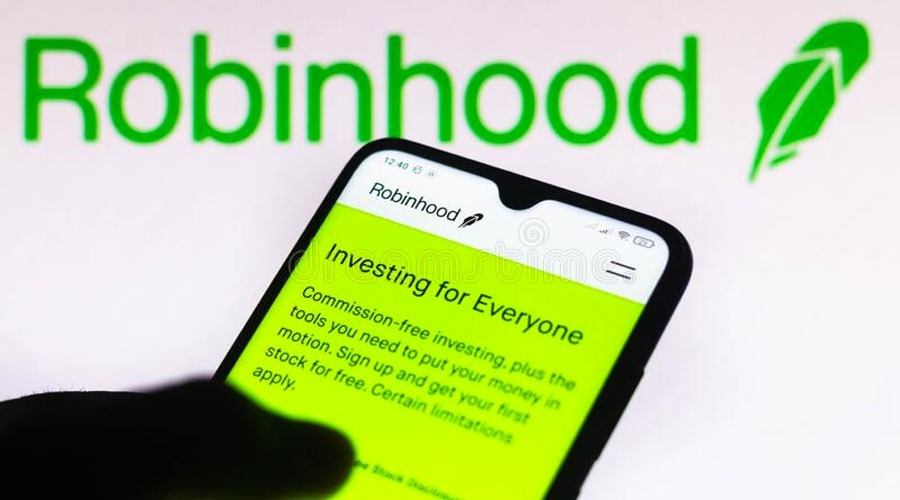The share price of NASDAQ-listed zero-free trading app, Robinhood (ticker:HOOD) fell sharply for the second day in a row due to the cryptocurrency market turmoil caused by FTX, a digital asset platform owned by Sam Bankman-Fried. Robinhood’s CEO, Vlad Tenev, tries to calm down concerned investors and says that the company’s operations are not at risk.
Finance Magnates informed on Wednesday that HOOD shares had fallen by more than 19%, marking the steepest decline since the platform’s IPO in July 2021. The Wednesday session did not stop the decrease and ended with an additional price slump of almost 14%, reaching $8.40. As a result, the company’s shares are now the cheapest in three months and are breaking out of the upward channel, so scrupulously drawn since the June lows (around $6.5).
Why is Robinhood’s stock reacting so strongly to FTX’s problems? First, all companies related to digital assets are currently under pressure. Second, FTX bought a 7.6% stake in the no-free trading app in May 2022. There are concerns that cryptocurrency moguls will have to sell some of that stake due to its insolvency.
However, Robinhood’s CEO, Vlad Tenev is trying to ease the tension. In a Twitter thread posted on Thursday after 06:00 London time, he wrote: “It is business as usual at Robinhood.”
“Despite SBF having an equity stake in Robinhood, we have no direct exposure to Alameda, FTX, or any of its entities, and we’ve confirmed with our partners that they don’t have material exposure either,” Tenev added.
Despite SBF having an equity stake in Robinhood, we have no direct exposure to Alameda, FTX, or any of its entities, and we’ve confirmed with our partners that they don’t have material exposure either.
— VLAD (@vladtenev) November 10, 2022
As highlighted by Tenev, Robinhood saw elevated trading volumes in the past few days. The FTX market turmoil also brought two of the biggest days of cryptocurrency inflows in the company’s history.
On Wednesday, Binance confirmed that the proposed acquisition of FTX was cancelled. The cryptocurrency exchange signed a non-binding letter of intent but noted it depended on due diligence. After just one day of reviewing Bankmans-Fried’s exchange loan commitments and internal data, Binance pulled out of the deal.
























